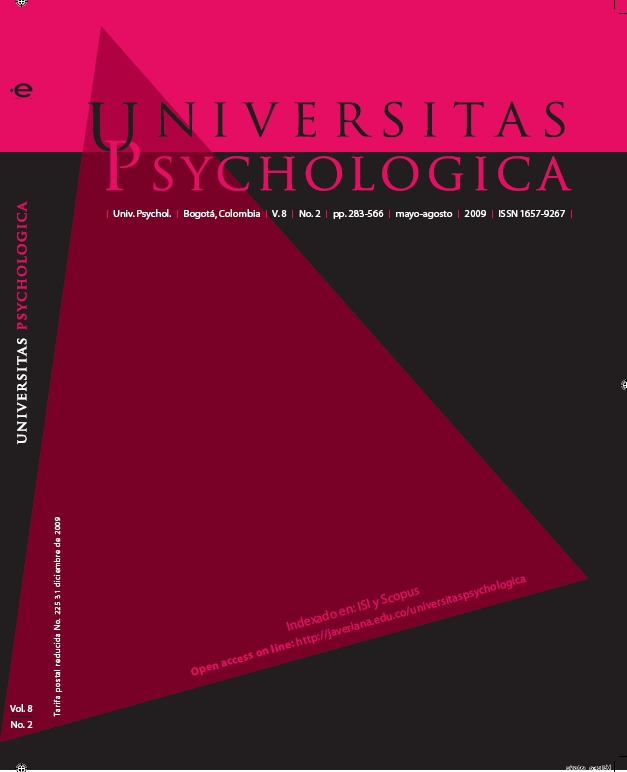Resumen
Esta investigación buscó examinar la discriminación auditiva de cuatro pasos equinos: paso-fino, trote-reunido, trocha y galope-reunido. Dos caballos de paso fino colombiano, experimentalmente ingenuos, fueron entrenados para discriminar el sonido de su propio paso (paso-fino), a través de un modulo experimental que dispensó comida si el sujeto presionaba una palanca luego de escuchar la reproducción sonora de un paso particular. Se efectuaron tres fases experimentales, definidas por el período de exposición a los sonidos (20, 10 y 5 segundos respectivamente). Se reforzó diferencialmente la elección entre pares de sonidos que incluían el propio paso del caballo (paso-fino vs. trote-reunido; paso-fino vs. trocha; paso-fino vs. galope reunido). Los resultados indican que los caballos de paso fino son capaces de discriminar su propio paso de otros y que la receptividad a sus propios sonidos podría ser incluida en sus regímenes de entrenamiento, con el fin de evitar el uso de estimulación aversiva para tal fin.Esta revista científica se encuentra registrada bajo la licencia Creative Commons Reconocimiento 4.0 Internacional. Por lo tanto, esta obra se puede reproducir, distribuir y comunicar públicamente en formato digital, siempre que se reconozca el nombre de los autores y a la Pontificia Universidad Javeriana. Se permite citar, adaptar, transformar, autoarchivar, republicar y crear a partir del material, para cualquier finalidad (incluso comercial), siempre que se reconozca adecuadamente la autoría, se proporcione un enlace a la obra original y se indique si se han realizado cambios. La Pontificia Universidad Javeriana no retiene los derechos sobre las obras publicadas y los contenidos son responsabilidad exclusiva de los autores, quienes conservan sus derechos morales, intelectuales, de privacidad y publicidad. El aval sobre la intervención de la obra (revisión, corrección de estilo, traducción, diagramación) y su posterior divulgación se otorga mediante una licencia de uso y no a través de una cesión de derechos, lo que representa que la revista y la Pontificia Universidad Javeriana se eximen de cualquier responsabilidad que se pueda derivar de una mala práctica ética por parte de los autores. En consecuencia de la protección brindada por la licencia de uso, la revista no se encuentra en la obligación de publicar retractaciones o modificar la información ya publicada, a no ser que la errata surja del proceso de gestión editorial. La publicación de contenidos en esta revista no representa regalías para los contribuyentes.


